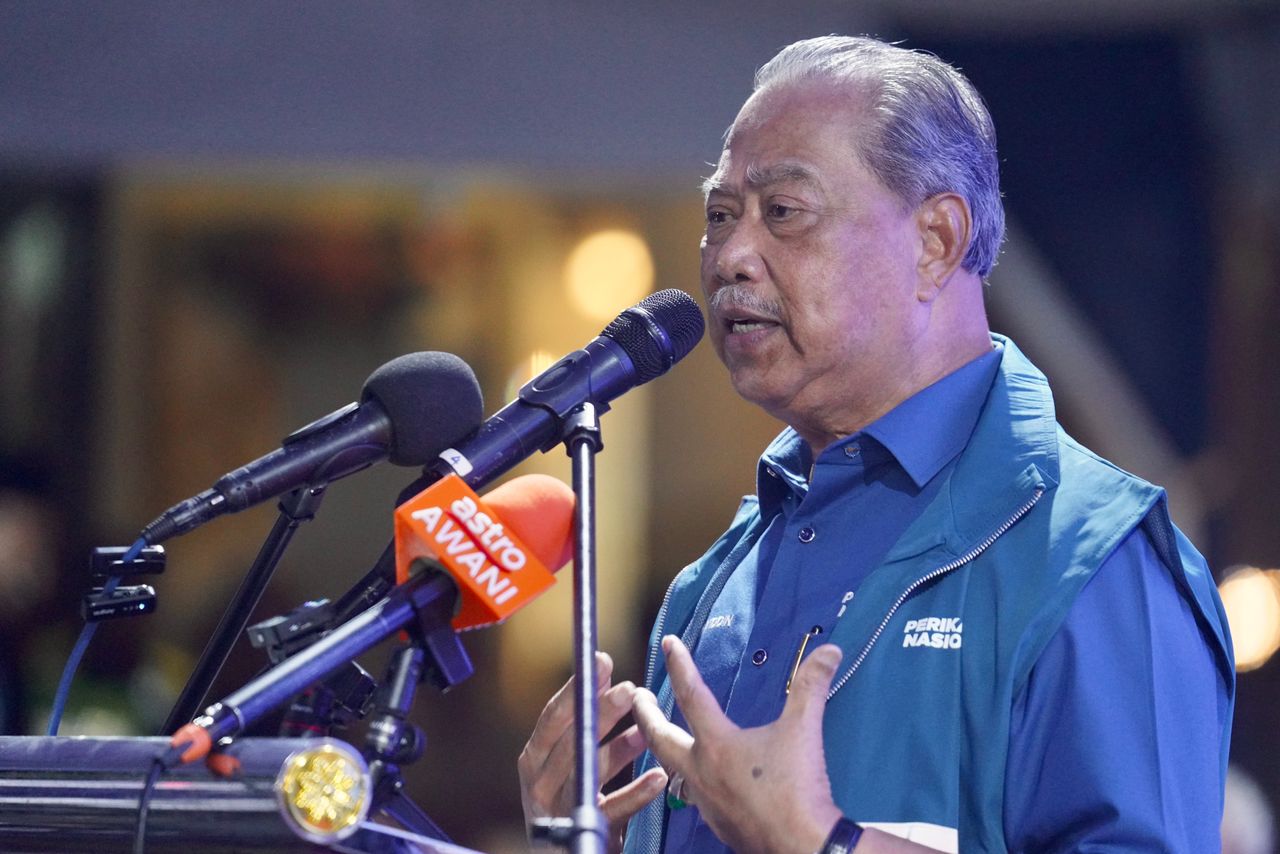KUALA LUMPUR, June 15 – Former prime minister Muhyiddin Yassin has called on the government to suspend its proposed hike in medical fees at public health care facilities as outlined in the Health White Paper (HWP).
During his debate on the HWP, Muhyiddin expressed concern over the additional financial strain that the fee hike would impose on the population, especially those already grappling with the mounting cost of living.
“I understand that in a situation where the government is facing fiscal constraints, alternative sources need to be sought to fund government expenditures, including imposing certain fees for services provided to the public.
“However, I would like to remind the government not to rush to increase health care service fees in hospitals and government clinics, as this will further burden the people who are currently suffering from rising prices of goods, daily necessities, inflation rates, the increase in the Overnight Policy Rate (OPR), and most recently, the increase in electricity tariffs,” Muhyiddin said during his debate on the HWP in Parliament today.
“So if there is a government proposal to increase the rates for public health care treatment, I request that it be postponed and reconsidered.”
At present, public hospitals and health clinics under the Ministry of Health (MOH) impose user fees of RM1 for outpatient care and RM5 for specialist care.
The HWP does not explicitly indicate the extent to which medical fees contribute to the MOH’s overall revenue. However, according to health policy analyst Chua Hong Teck, the collected medical fees accounted for merely 1 per cent of the MOH’s expenditure in 2021.
Shahril Ridza Ridzuan, co-chair of the HWP Advisory Council and chairman of Axiata Group Bhd, recently suggested that Malaysia should adopt a more targeted approach to ensure the long-term sustainability of the health care system. He noted that currently, even individuals with substantial wealth can receive free health care by seeking treatment at public hospitals.
Apart from a potential hike in medical fees, the HWP also includes a proposal for strategic purchasing, aimed at ensuring sustainable and equitable health care financing while accelerating the achievement of universal health coverage.
Although supportive of the initiative, Muhyiddin underscored the need for caution, saying that health care service providers must adhere to government-defined standards and there should be a comprehensive governance structure in place to monitor the quality of services provided.
Furthermore, any changes to the structure of the health care system should result in savings for the people, rather than additional financial burdens.
The Pagoh MP said more information is needed on the strategic purchaser, a separate entity from the Ministry of Health (MOH), responsible for procuring health care services from both public and private sectors.
“I request the government to provide more detailed explanations about the organisation that will function as the strategic purchaser, including its governance structure, operational funding, and the amount and sources of the managed funds,” Muhyiddin said.
The former PM also sought clarification on the MOH’s efforts to enhance investments in digitalising the health care system and whether there was a specific focus on expanding the number of hospitals and health clinics nationwide.
He emphasised the need to bridge the infrastructure gap, citing the limitations faced during the management of the Covid-19 pandemic due to the inadequate number of hospital beds and intensive care unit (ICU) wards in government facilities.
“As we have experienced in managing the Covid-19 pandemic, the limited number of beds and ICU wards in government hospitals has exposed our health care system to the risk of paralysis during a large-scale crisis,” Muhyiddin said.
Muhyiddin also touched on the need to review the recruitment and projection of public sector personnel in the health care field, including contract positions, and further underlined the need for long-term planning as Malaysia transitions into an aged nation by 2030.
“Taking into account Malaysia’s future as an aged nation by 2030, the government should have long-term planning and establish a Department for the Elderly to manage all aspects of the welfare of senior citizens. The government also needs to formulate a comprehensive Insurance Protection Plan that covers nursing and therapy care, daily activities, and others,” Muhyiddin said.








